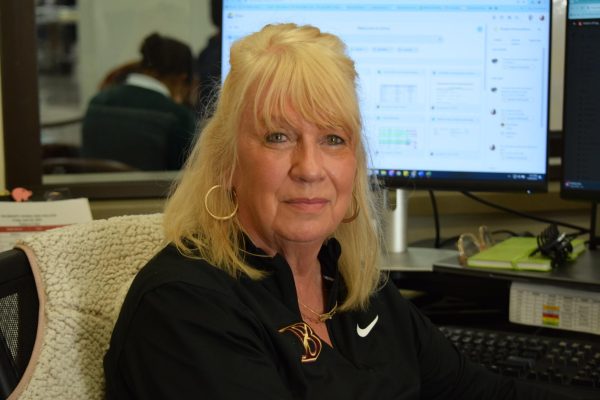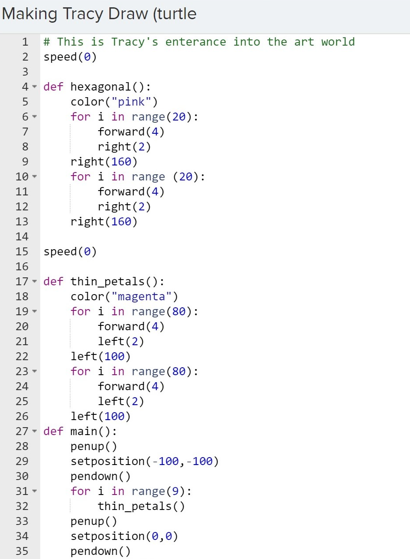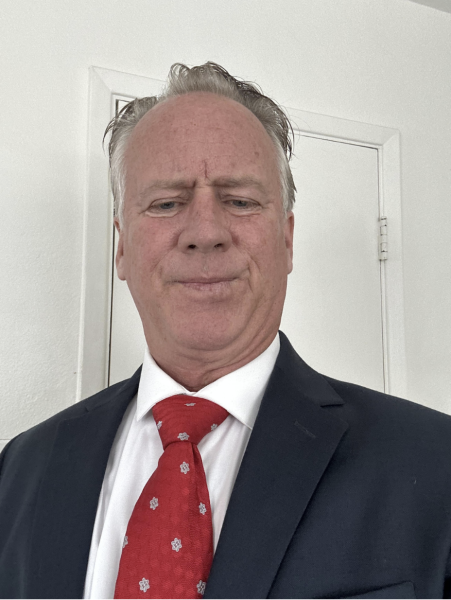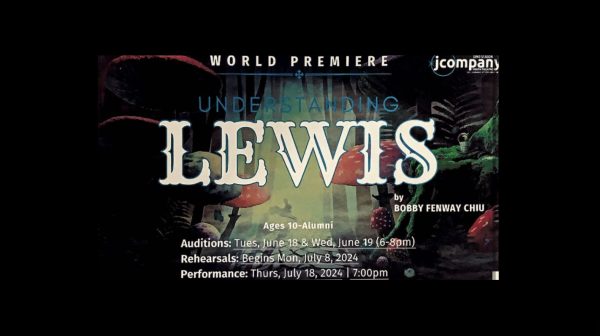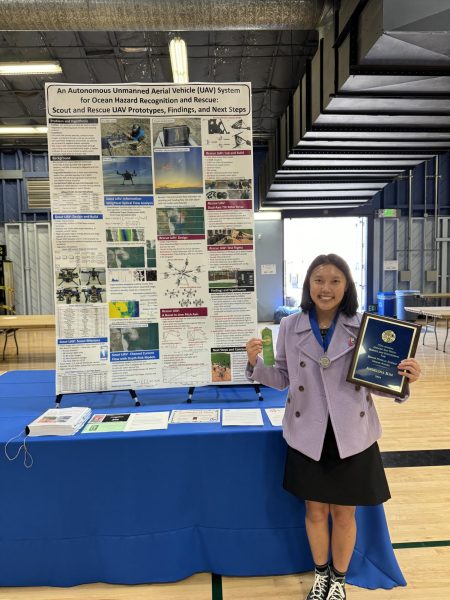Honing in on Honors
Emma Hong (’22) describes that many Bishop’s students may be pressured into taking more AP tests because they “see their friends are all doing it.”
“We’re conscious that it’s… a transition year,” reflected History teacher Mr. Raul Ruiz on The Bishop’s School’s shift away from Advanced Placement (AP) courses offered by the College Board. This change impacts many upper school teachers and students, as Bishop’s joins over a dozen other elite private schools such as Phillips Exeter Academy in abolishing the AP curriculum.
Mr. Ruiz is one of the School’s Honors European History teachers. The course may be more recognizable by its previous beloved name, AP Euro. In 2017, the English department became the first to move away from Advanced Placement exams and courses in favor of their “Honors” counterparts, a transition that would soon become school-wide as other departments followed. In the modern post-pandemic 2021, many upper school courses are completing this switch, complete with a spanking new name to top it off. What does this change mean for students and faculty? What impact does this make on Bishop’s future?
In a 2019 letter to Bishop’s students and families, Academic Dean Ms. Janice Murabayashi announced that the school’s Science and History departments would continue in the English department’s footsteps. Among other advantages, Ms. Murabayashi discussed the freedom the school’s decision would bring to teachers. According to Honors European History teacher Mr. Matthew Valji, “moving away from the AP means we don’t have to treat the material as quickly… or as superficially as we might have in the past.”
Mr. Ruiz shared this sentiment. He brought up the fact that the strengths of students vary each year. In his opinion, a class is “supposed to be a dialogue between what the teacher sees and what the students are interested in, or what you think they need the most.” Not only does the absence of an AP assessment allow teachers to adapt each class to better fit the students’ needs and provide more time to cover other topics, the change also allows teachers to improve, too.
“It also makes you a better teacher—to be able to design your own curriculum,” Mr. Ruiz added. “I think to implement an exact curriculum is always going to ignore the people who are in the room.” However, Mr. Valji noted, “With great freedom, comes great responsibility.”
While teachers are provided more wiggle room in what they teach, students feel the effect when taking these Honors courses as well. Emma Hong (‘22) is happy that she now has more freedom to learn things she wants to learn. In contrast, taking a course for the AP test is, according to Emma, “all about learning it how College Board wants you to learn it.” She reflects, “It just saps the life out of learning, because it just turns into machines memorizing formulas and facts, just so you can get a 5 on the test,” she said. AP tests are scored on a scale of 1-5, with 5 being the highest score achievable.
Latin and Greek teacher Dr. David Banta expressed that, “The College Board is not a very flexible beast or an innovator in curricular matters.” As a member of the College Board AP Latin Board, Dr. Banta said he looks forward to grading student responses for the AP Latin Exam each June. However, he is also grateful for the school’s separation from the exam. “There needs to be room for innovation separate from the College Board,” he says.
“We may be a college-preparatory school, but I believe we’re more than a pipeline to college: the education we offer here matters on its own terms,” said English teacher Mr. Adam Davis. In Issue 5 of The Tower in 2017, Collin Douglas (‘18) covered the school’s English department taking the first revolutionary stride away from AP classes in his article “Advanced Erasement: No More English AP’s.” Mr. Davis was one of the voices featured in the article. For Mr. Davis, a big part of the move to Honors is how it may impact the way students decide their course selections for the year. “Now that the school has dropped the AP,” he said, “my hope is that the grade bump will also be dropped as it tends to have a negative impact on student interest in courses.” Mr. Davis questioned, “Are students following their passions or just the desire for a boost when applying to honors courses?”
For English teacher Dr. Clara Boyle, who was also featured in the 2017 The Tower article, the shift to Honors has been liberating. “What I appreciate about the Honors classes is that there’s not some external measure,” she mentioned. In 2017, Dr. Boyle recalled helping students understand “what the College Board wants.” In contrast, she thinks the new Honors English courses feel “more authentic.”
Science Department Chair Mr. Heldt viewed the school’s move towards Honors as “not a one, two, or three-year process.” Mr. Valji agreed with this notion. “The decision made by the school is about the future [of Bishops], and what it would mean for Bishop’s not just right now, but also in 5 or 10 years,” he said.
While Emma Hong is an avid supporter of the school’s transition away from APs, she admits that for her, the transition period is frustrating and feels awkward; “I’m taking them anyways, but the school’s moving away from it, which means more studying for me outside of school.” It’s hard for her to move away from, because she’s so used to taking the AP exams.
Andrew Chang (‘22) shares a similar viewpoint. “Although preparation for AP exams became more tiring,” he reflected, “I am still largely in favor of the school’s decision.” Andrew said it’s important to note the importance AP exams hold in terms of college– and not only during the application process. “AP exams are helpful in reducing the number of courses you’ll have to take in college, and can give you more freedom in picking courses or the ability to graduate early/on time,” he said.
For Andrew, “the factors that lead up to taking an AP exam are a mix of parental pressure, a want for future college credit, and what I felt colleges wanted to see.” From his perspective, “the Bishop’s environment definitely has an impact.” For Andrew, “AP exams are almost seen as a status symbol. When people discovered how many AP exams I was taking last year (6), it became attributed to who I was.”
Although it does not play a role in deciding whether or not she personally takes an AP exam, Emma acknowledges the influence the School’s nature can have. “For some… there is a pressure to take more AP tests when they see their friends are all doing it,” she said. She mentions that because Bishop’s is an environment where everyone is “good,” it is sometimes difficult not to get competitive. However, this is not necessarily a bad thing. Such an environment “pushes you to study for it too.”
Kasie Leung (‘23) supports the school’s transition like Andrew and Emma and agrees that the circumstances at Bishop’s impact the AP test-taking process. She reflected, “challenging oneself is seen as a positive trait [at Bishop’s].” However, Kasie admits that “sometimes the changes feel very superficial.” She brings up math courses Honors Calculus AB and Honors Calculus BC: “I guarantee that a lot of people taking Honors Calc AB and Honors Calc BC will still take the AP test for college credit.” Kasie wonders, “if Bishop’s wanted to give teachers more freedom, why would they still have the classes named ‘AB’ and ‘BC,’ a College Board convention?”
Both Kasie and Emma will continue to take AP exams for the time being. “But in the future,” Emma pondered, “if nobody took AP exams, I would consider not taking them either.” At the end of the day, Bishop’s is very much in the process of fully transitioning towards Honors courses. “Change can be challenging and difficult,” said Mr. Valji. While many support the school’s move away from APs, it may take several more years for students to fully embrace the Honors life at Bishop’s.
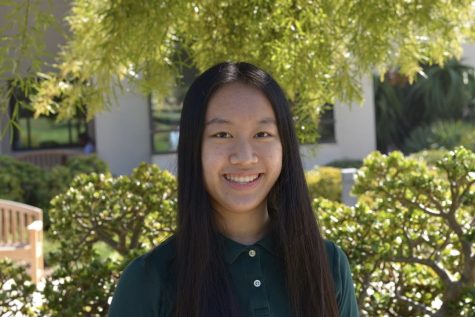
Shirley Xu is a junior and this is her first year on The Tower. She has been a writer since the ripe age of three, and is excited to share her journalism...



